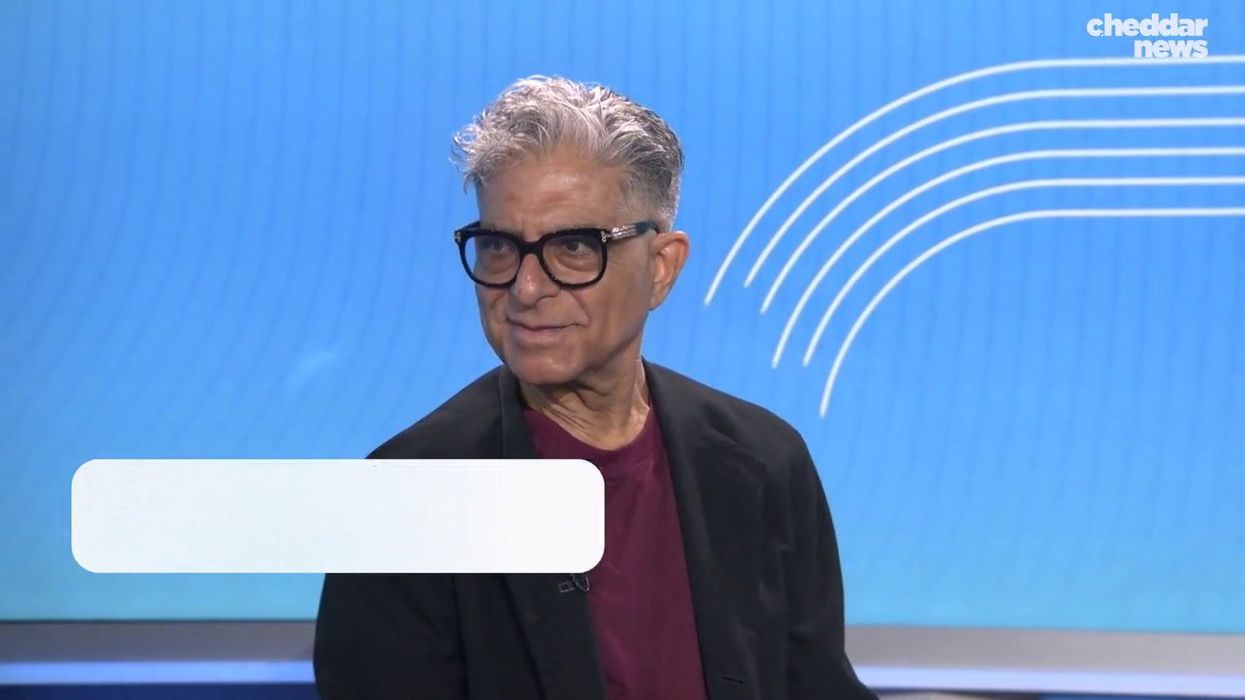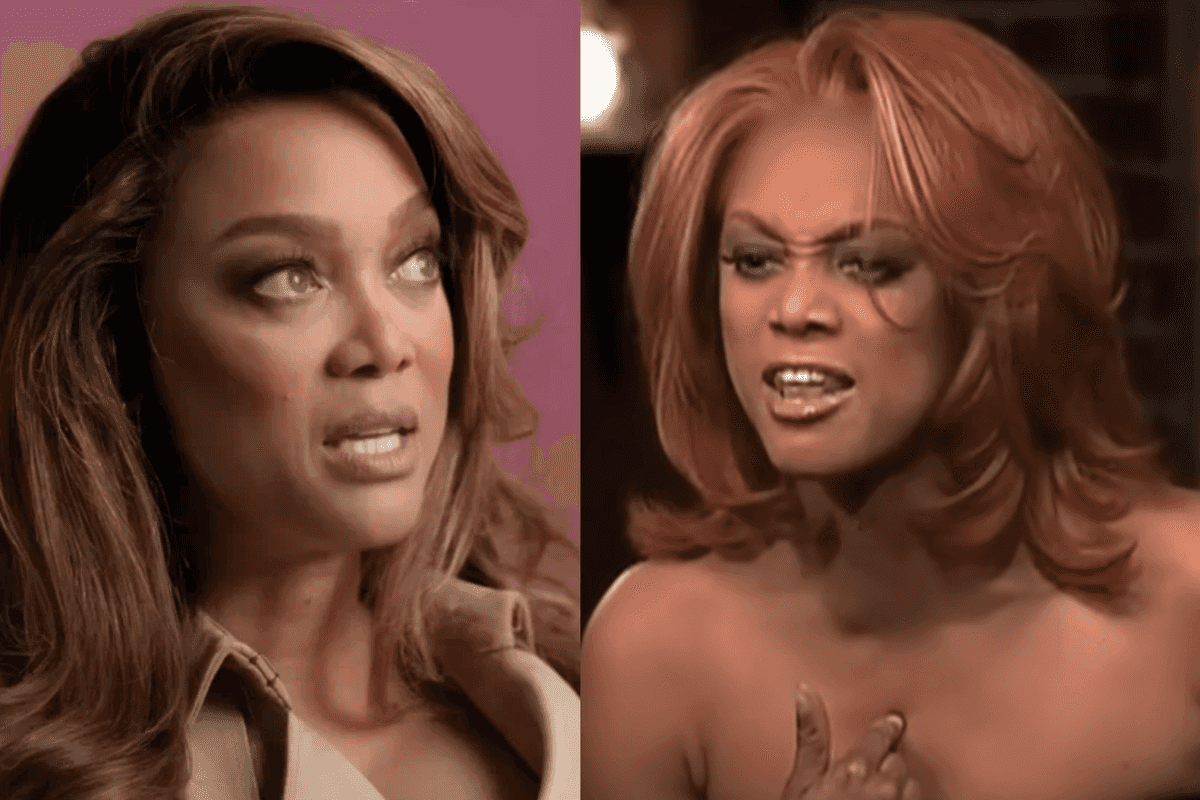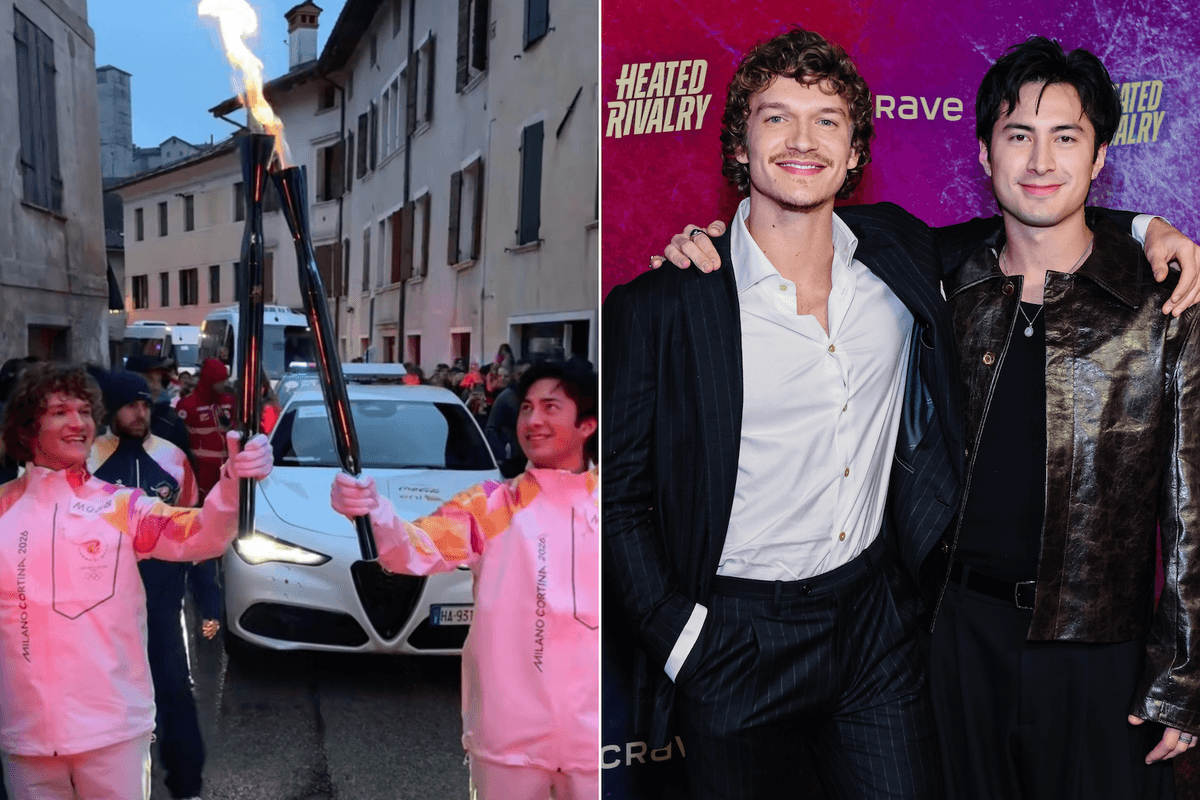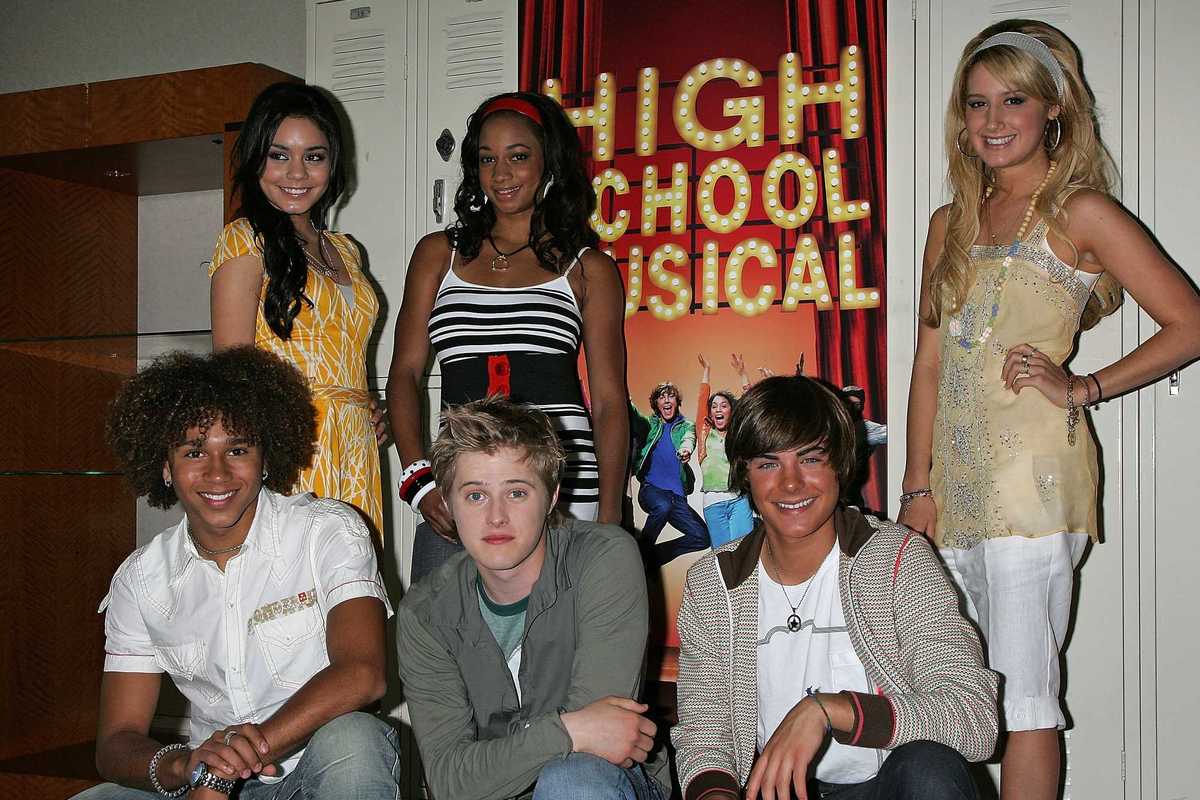Harriet Brewis
Jun 13, 2023
Deepak Chopra Unlocks Keys to Success, Happiness and Well-Being
content.jwplatform.com
Happiness is one of life’s most elusive gifts – it is an emotion that can’t be pinned down.
And yet, an animation showing a protein molecule “walking along”, carrying a large sphere, is widely credited with being a visual representation of joy itself.
The gif has trended online for almost a decade but continues to breed delight in those who see it.
Many people believe that it is – to use the technical terms – a myosin transporting endorphins in the brain. In other words, it is a scientific portrayal of the actual processes that give us that warm and fuzzy feeling.
Sign up for our free Indy100 weekly newsletter
However, though we’d hate to dampen the mood, this isn’t quite accurate.
In fact, the real brain behind the original clip, medical artist John Liebler, set out the truth back in 2014.
@mommyca713 AMAZING! #cells #innerlife #happiness #lookslike #facts #fact #fyi #fyp #brain #research #facts #animation #myosin #interesting #education #viral #fypシ #humanbrain #mentalhealth #science #stem
He explained that he, his team at medical technology company XVIVO, and two Harvard University researchers created the 3D computer animation in 2006 for a biology classroom video called ‘The Inner Life of the Cell’, as Science Alert reports.
The educational clip wasn't intended to depict a brain process at all but to take the viewer "on a journey through the microscopic world of a cell, illustrating mechanisms that allow a white blood cell to sense its surroundings and respond to an external stimulus,” according to Liebler himself.
So this is all about a protein in a white blood cell, not a protein in a neuron.
The Inner Life of the Cell Animationyoutu.be
At any rate, happiness doesn’t just come about through a single process. So even if the clip did show endorphins being delivered to our brains, this wouldn’t offer a full picture.
Dopamine, other neurotransmitters (for example, serotonin), biological health and genetics all play a part in cementing our feelings of contentment. We don’t just rely on jolly little myosin proteins lugging around bundles of cheer.
Still, the internet is now awash with jovial variations on the clip and it can’t be denied that the scene-stealing strutting protein is pretty damn cute.
\u201cHappiness: myosin protein dragging an endorphin along filament to brain's parietal cortex which creates happiness\u201d— Rabih Alameddine (@Rabih Alameddine) 1455334298
So if that’s enough to bring a smile to your face, maybe it is a representation of happiness after all.
Have your say in our news democracy. Click the upvote icon at the top of the page to help raise this article through the indy100 rankings.
Top 100
The Conversation (0)














